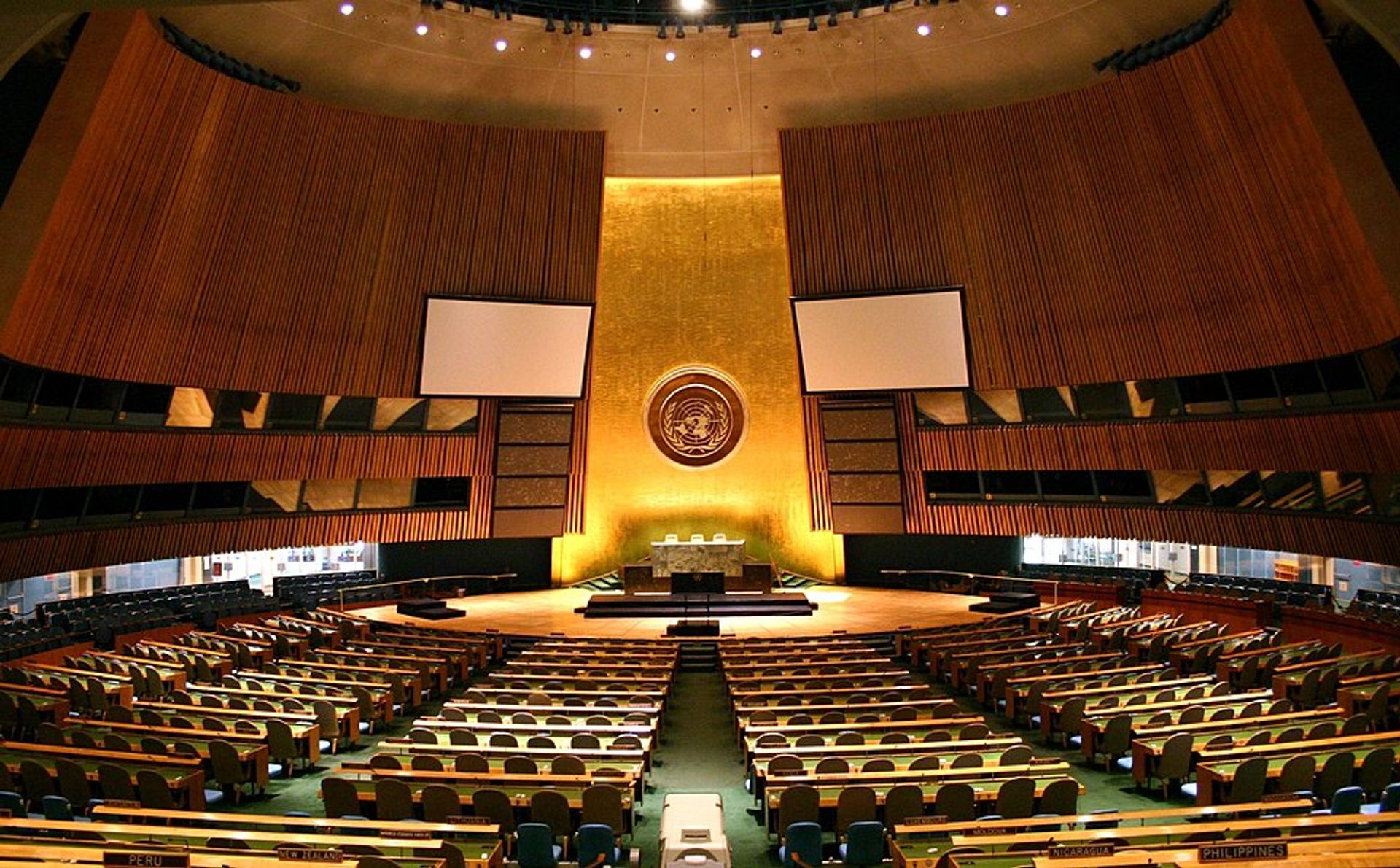
United Nations General Assembly
What do people say about United Nations General Assembly?
The perception of the United Nations General Assembly is marred by a growing sentiment that it is an impotent body, struggling to address pressing global issues effectively. Critics argue that its deliberative nature often leads to inaction, with resolutions failing to translate into concrete outcomes. This has fostered a sense of disillusionment among member states, particularly within the United Kingdom, where there is a demand for more decisive international leadership. While some still view the Assembly as a vital platform for dialogue, the overarching narrative leans towards frustration with its inability to foster real change in a rapidly evolving geopolitical landscape.
Where are the conversations happening?
The analysis of sources reflects a stark divide in perceptions of the UN General Assembly. While some outlets acknowledge its role as a platform for dialogue and diplomacy, the dominant narrative across critical discussions, particularly in UK media, highlights frustration and calls for reform. Outlets like The Guardian and BBC often emphasize the Assembly's shortcomings in addressing urgent global issues, while more supportive channels may frame it as a necessary, albeit flawed, institution. The contrast in perspectives underscores a growing impatience with the Assembly's pace and effectiveness.
What are the topics trending around United Nations General Assembly?
Discussions around the effectiveness of international organizations, the rise of unilateral actions by nation-states, and calls for reform within the UN system are gaining traction, particularly in the UK media.
Why are these topics trending?
These topics are trending due to increasing global tensions and crises that challenge the effectiveness of multilateral institutions like the UN. The perceived ineffectiveness of the General Assembly in addressing these issues has sparked debates about its future and the need for reform, reflecting broader frustrations with international governance.
How is United Nations General Assembly being talked about?
Detailed breakdown of public sentiment and conversations about this entity.
Impact vs Sentiment
See how each entity's high impact percentage relates to their positive sentiment percentage from actual mentions.





